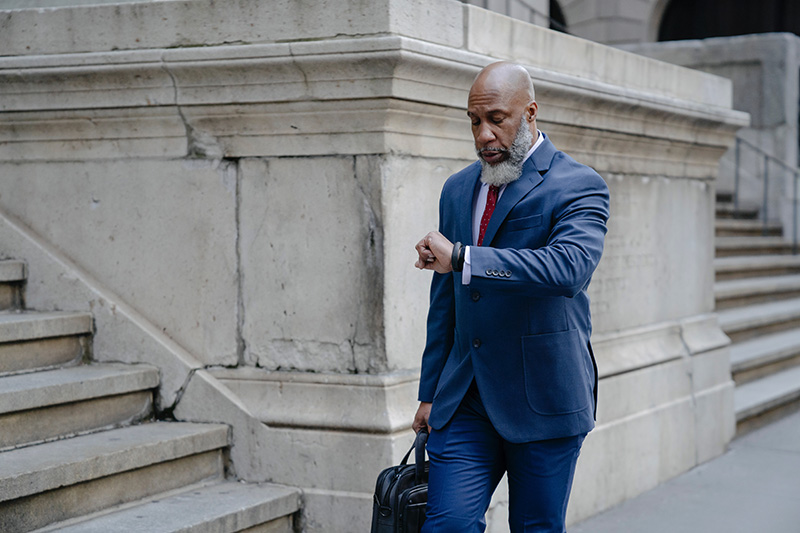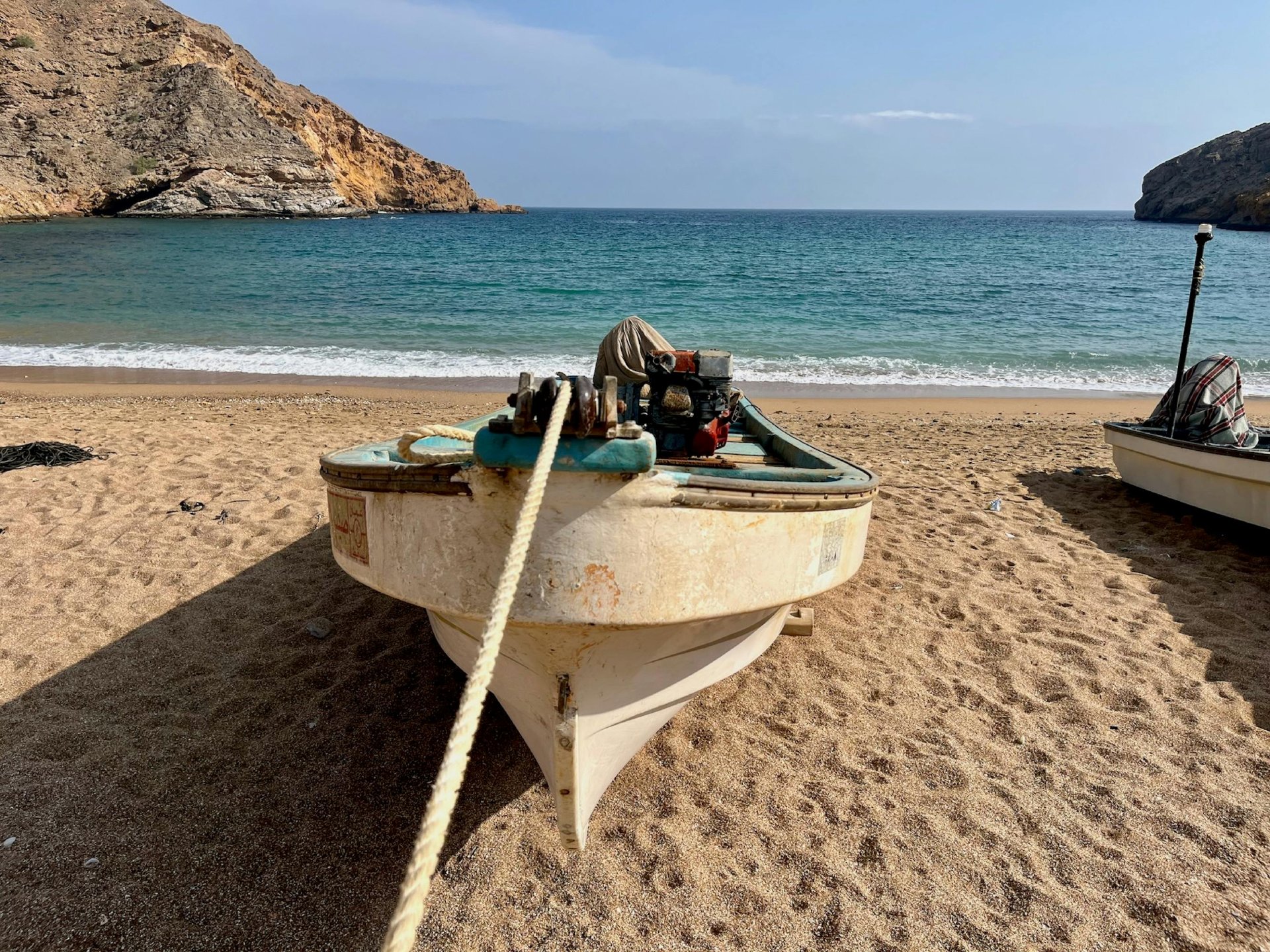There’s been a lot of chatter in the business travel industry about “bleisure” — the blending of work and play on a business trip — coming back in a big way. The 2021 Fall Global Rescue Traveler Sentiment and Safety Survey, which surveyed 1,500 of the most experienced travelers in the world, support that sentiment. The survey revealed that between now and the end of 2022, 65% of business travelers plan to take a few extra days for personal enjoyment during a business trip. support that sentiment.
Experts say that’s because of a combination of a more flexible work environment and a widespread desire to make up for lost leisure travel time.
[Related Reading: Will Bleisure Travel Save the Future of Business Travel?]
Stephanie Diamond, Global Rescue’s vice president of Human Capital Management and a veteran international human resources expert, thinks a deepened sense of the importance of family time — another product of the pandemic — also plays a role.
“Working professionals have become accustomed to managing job responsibilities from home, allowing them to maximize time with their families in a way we hadn’t before,” she said. “Now, if you have to travel for work, why wouldn’t you take your family with you?”
Whatever the reason and whether you may be tagging in your family, friends or going solo, here are a few tips to best plan for upcoming bleisure travel, from who pays for what expenses to how to best maximize the leisure leg of your trip.
Be Transparent with Your Employer

As another Global Rescue Traveler Sentiment and Safety Survey showed, virtual meetings simply can’t replace face-to-face meetings. Employers are generally willing to accommodate bleisure requests if it incentivizes their employees to travel for business.
In general, it’s important to be upfront with your employer. “If you’re not transparent and your employer finds out later you worked in some pleasure on your trip, it might look like you were trying to hide something,” Diamond said. “That’s not the message you want to send.” Make sure they hear it from you first — not from fellow colleagues or your Instagram selfies.
Get on the Same Page Concerning Expenses
Another reason to be transparent is to learn your company’s travel-expense policies prior to going. For example, what expenses will the company be responsible for versus you?
“The general rule of thumb is that the company will pick up the tab for anything that falls under the business part of the trip — flights, hotels, meals, local transportation — but you’ll be on the hook for anything on the leisure side,” Diamond said. “It’s important to talk it out before you go because you might be surprised to learn that your employer may choose to pay for some select leisure costs — almost like a reward or incentive.”
For example, it could be an extra night at a hotel or a full week for the car rental when your conference is only three days. They may even be willing to fly you out a few days early to accommodate for your leisure time before your business as it may be more cost-effective for the company.
By coming to an agreement before your trip, you avoid awkward post-travel conversations with your boss or HR regarding disputed expenses.
“And whatever you do, don’t try to nickel and dime your company or make things complicated,” said Diamond. “If the company feels like they’re being taken advantage of or it’s too much work to figure out, they may be less likely to allow the addition of leisure in the future. You don’t want to spoil it.”
Ask About Travel Risk Management Policies

Employers carry a duty of care responsibility to take care of their employees and avoid exposing them to any unnecessary or undue risk. The same goes for when they travel on behalf of the company. That’s why Global Rescue offers more than individual travel protection memberships, but medical, security, information and communication services supporting an organization’s ability to improve and meet the legal duty of care.
Things can get a little blurry when it comes to bleisure travel. Your company’s specific travel risk management policies and duty of care obligations are only during the business part of your trip. That means, when indulging in the leisure portion of your trip, you would be liable for your own travel safety.
“Back in 2005, I was in Quito [Ecuador] for business, where I planned to also hike the portion of the Inca Trail,” Diamond said. “If I hadn’t checked in on my company’s policies, I would not have been protected if an emergency occurred on the trail.”
Plan for Leisure: First or Last?
“For me, when it came to business travel, I usually needed to be somewhere on Monday morning,” Diamond said. “So I preferred to get into the destination on a Friday night, then spend my weekend enjoying the leisure portion of the trip. That would ensure I’d be fully recovered from my jetlag by Monday morning for my business commitments.”
That’s one preference. “Some individuals prefer to arrange travel with their business task first so they can fully enjoy the leisure part of the trip after,” she said. “Do what best works for you.”
Do Your Research
Not taking any paid vacation days because you’re planning to leverage the weekend of the trip for leisure? Do some pre-travel research and rank, in order of priority, what you want to see and do. Book activities — shows or tours — ahead in advance if you can. That way, you’re not left wasting precious weekend time, scratching your head about what to do or scrambling to make things happen.
Another pro tip to conserve precious PTO: Try to time the trip to take advantage of a Friday or Monday holiday — that way you have a whole three-day weekend for leisure.
Don’t Force It

Remember, business is the reason you’re on this trip in the first place — that should be the priority. So don’t force the leisure part if it’s just not going to work.
“Think of upcoming deadlines and evaluate your workload,” Diamond said. “Then ask yourself if it makes sense to add on the leisure time. It might not be right for one trip, but it very well might be for the next trip. Just be smart and realistic.”
Diamond also suggests not forcing it if the destination doesn’t seem the safest at the moment. “Don’t have a false sense of security just because a company is sending you somewhere. Do your research, assess your level of comfort and decide whether you truly want to take that personal time.”
How to conduct that research? Our members, as well as enterprise clients, have access to comprehensively maintained destination reports, covering everything from currency and common scams to travel health and personal security advice for 215 countries and principalities worldwide. Not a member? Get access to a destination report for free on us.









